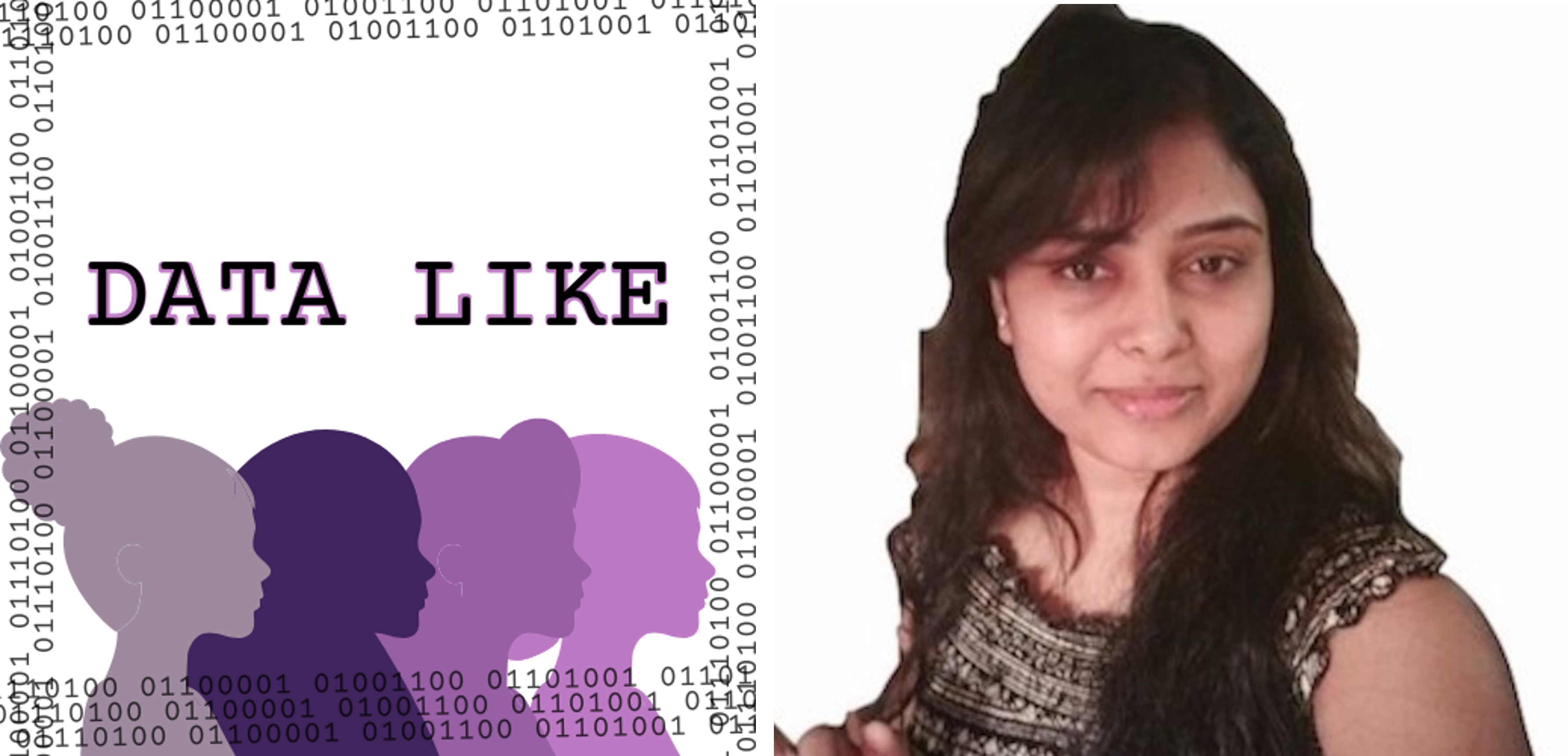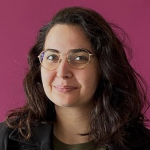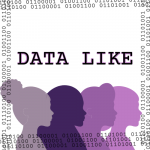
ΑΙhub.org
Datalike: Interview with Pratibha V Shambhangoudar

“There are a lot of folks around the world, especially younger folks, contemplating whether to pursue a STEM degree or not. There might be self-doubt about whether their background becomes a barrier, or they might think tech is intimidating and whether they’ll be able to do it. Even if one person who doesn’t have enough resources or facing challenges, gathers the courage from examples like this, not just mine, it would bring a sense of achievement for me because I feel like there should be nothing that should stop a true learner.“ – Pratibha V Shambhangoudar
Profile
Pratibha serves on the AnitaB AI committee and has worked both in natural language processing and deep learning. She has founded a start-up in video analytics that was selected for the Target Accelerator program. She also mentors several engineering managers in various domains and industries. Today, she talked to us about the decisions that led her to pursue a career in tech, her experiences, and mentorship.
Can you provide us with an overview of what was your motivation when you started in tech?
To be honest, I didn’t initially consider a career in tech after college. I had always dreamed of becoming a doctor, but the lengthy and expensive process made it difficult. I come from a very humble family background. My parents had to discontinue their education after college to support their family, but they ensured nothing got in my way of education. So, to become financially independent and support my thriving parents, I decided to pursue a four-year bachelor’s degree in computer science and engineering.
During my college years, I attended an IBM workshop that sparked my interest in technology. I became an IBM-certified developer while I was in college, which partly led to a global assignment at Accenture and I traveled to Sweden to work for my client after completing my undergraduate studies. However, my true passion for technology began when I joined HP Labs India. There, I turned an idea into a product that provides connectivity without the internet to remote parts of developing countries. This innovative product was selected for an international technical conference in Orlando, FL, and successfully building it was an exciting learning curve for me. This journey sparked new interests, and I realized that there were areas of computer science that I was not aware of.
So, I decided to pursue my master’s at the University of Pittsburgh, where I started to work on natural language processing and machine learning. My dream to work in the medical science-related field was realized then, partly by getting an opportunity to work on a project that involved developing a classifier for identifying precipitant and object drug products within pharmacokinetic drug-drug interaction mentions located in drug product labels. The journey after my Master’s became more exhilarating and challenging, as reflected in the diverse roles and fields that I explored, which you can view on my LinkedIn profile.
How has this changed over time?
After completing my Master’s, I wanted to continue working in AI. However, most of the roles I applied for required a Ph.D. or several years of experience in AI when I graduated with my master’s. However, my interest in AI kept me going, and I continued working on side projects in AI, alongside my day job as Engineering lead.
One day, as I was sipping my chai and watching an online course on a leisurely morning, I had a thought. I wanted to skip to a specific part of the video, but there was no option to do so with a search query. I don’t think learning from the short form of content was popular in 2016, and there was no “skip to the good part :)” Jokes apart, a few weeks later, I stumbled upon the IBM XPrize AI competition, and I mustered the courage to present my idea in a room full of about 50 people, mostly men, except for one or two women who came with their teams.
Some audience had weird reactions to my idea ☺ However, to my surprise, a CMU professor who was a mentor at the event walked up to me and encouraged me to refine my idea further. Meanwhile, the results were announced, and my idea was one of the six projects selected out of 15 teams that pitched that night. Two guys (including the one who was making fun of it) approached me and showed interest in forming a team. Once the competition concluded, we continued working on the minimal viable product (MVP), pivoting it to a different domain, which led to the birth of automated video discovery.
Although we didn’t raise any funds, I continued working on it for some time while working in the Bay area and later moved to Target Minneapolis. I got another opportunity to present it modifying to Target customers’ needs. Out of 200 teams that participated in the Target accelerator program, only 17 teams were chosen for incubation, one of which was mine.
Throughout your career, there has been a focus on building communities and empowering people, both through your role at AnitaB and mentoring work. Can you tell us more about what mentorship means to you? Did you have a particular mentor that has shaped your career?
In the early days of my career, I was unaware that I was one of many girls facing different forms of mistreatment and passive aggression. I can still recall one incident when a senior colleague commented on my nail paint. He wasn’t even my boss, yet he felt entitled to remark that I was more interested in aesthetics rather than focusing on the project at hand. Perhaps he believed that engineers are supposed to look geeky and that the two tasks are mutually exclusive. But on a serious note, I’m glad that we’re finally opening up about this kind of treatment.
Fast forward a few years, and I found myself in Silicon Valley after completing my Master’s, facing similar forms of mistreatment in different ways. Fortunately, I discovered Women Who Code, Laura’s Deep Learning Workshops, and Google Office in Mountain View, CA, as part of LatinX in AI. I learned a great deal at these meetups and networking sessions outside of my day job at NVIDIA, Wells Fargo, and Intuit. These experiences shaped my career and partly inspired me to take up mentorship work in various communities. Regardless of the basis of these communities, whether they are related to geography or culture, as long as they support women and the underrepresented, I’m there to contribute.
One day, while working as a Senior Engineering Manager at Target, I received a call from the chair of the AnitaB.org AI committee. They asked if I was interested in giving an interview to become a part of the committee. This is how my involvement with the AI committee began, although I am a long-time contributor to similar organizations in different capacities. I would like to express my gratitude to the VP of Product Engineering at Target who was my sponsor and the other men and women who support women in tech. Her mentorship helped me change the way I think about leadership, and I learned a great deal about how an organization functions at scale, how to give feedback, and more.
I believe communities are a great place for you to bring your thought leadership into action, as it isn’t limited to a specific industry. While it’s important to define your niche, it’s equally important to challenge yourself beyond your area of expertise. Can you use your thought leadership to solve real-world problems that are not directly related to your organization or field? This is where cross-functional collaboration comes into play. Finding and connecting with like-minded individuals who share your values can be difficult but, it’s easier for introverts like me who share common beliefs.
Surrounding yourself with thought leaders who excel at solving complex problems with no single solution can be incredibly inspiring. Can you bring all these ideas together to optimize the solution? Congratulations, you’ve found your network of thought partners. Plato is one such community where I mentor engineering leaders working in AI and publish articles on technology leadership. Also thank you LinkedIn, for inviting me as an expert contributor to thought leadership topics. SheTO.org is another such great community nurturing women in tech!
Pratibha’s Resources
The associations Pratibha mentioned in this article can be found below:
You can learn more about Pratibha’s work as a mentor here and connect with her on LinkedIn here.














